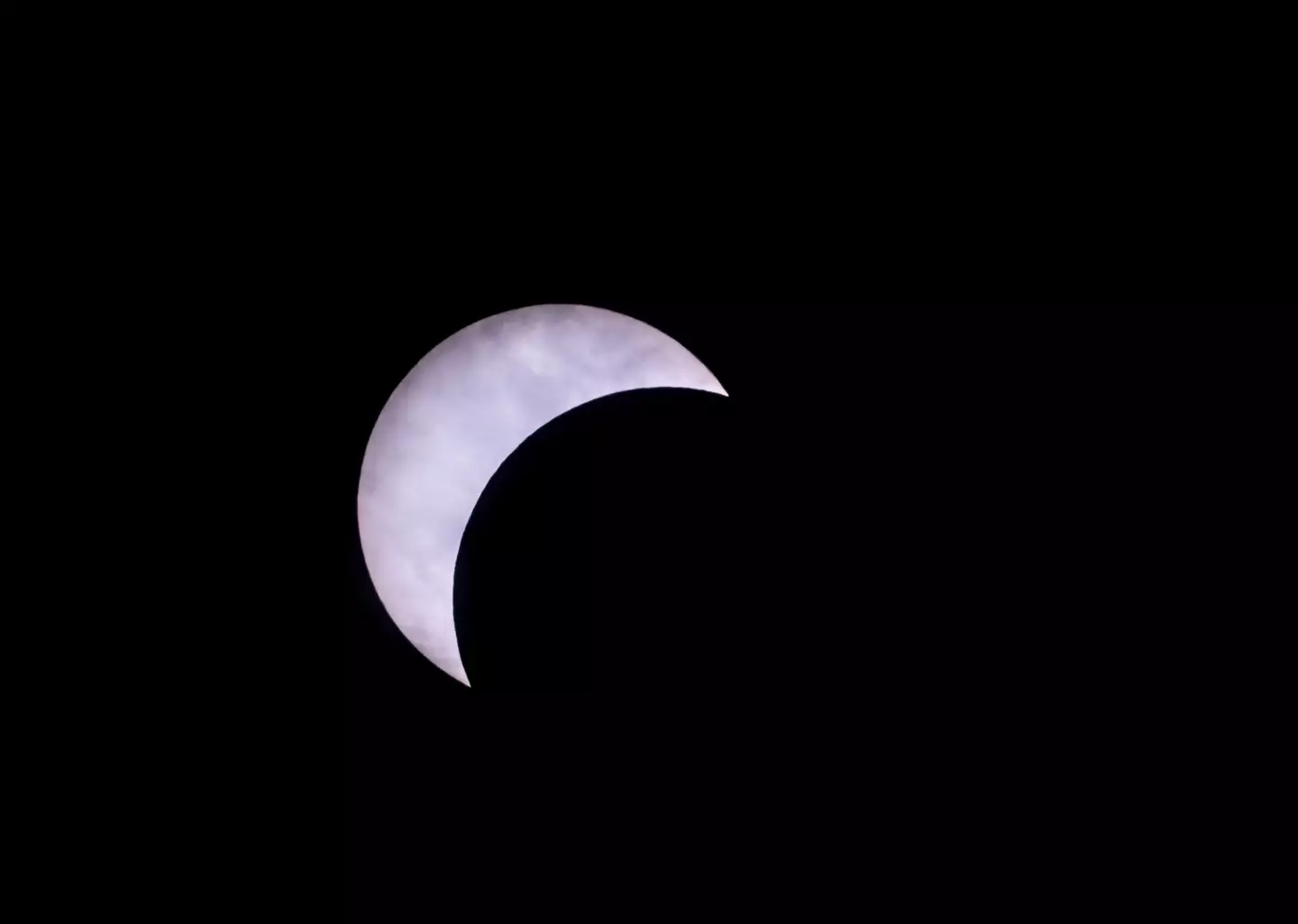Hostin pulled together different factors including the eclipse, the earthquake, and the emergence of cicadas.
The TV host was quickly shut down by her co-hosts though, including Whoopi Goldberg, who pointed out that ‘they’ve known about the eclipse coming’ and explained that some cicadas emerge every 17 years, while others every 20 years.
Where Hostin was right is that there’s an event with cicadas happening for the first time in 200 years.
This is a ‘double brood’ where the two broods emerge at the same time, meaning there are a lot more cicadas than usual.
These may not be connected to it, but climate change very much is real and there is overwhelming evidence and consensus in the scientific community that human activity is causing it.

Sunny Hostin on The View. The View via YouTube
That evidence does not include astronomical events like a solar eclipse, or seismic ones like an earthquake as Hostin suggested, but it does include a connection between the greenhouse effect and human activity.
While it is true that the Earth’s climate can shift by itself, this process takes a very long time.
Now, however, the increased amount of carbon in the atmosphere generated by human activity traps heat, leading to rising global temperatures and shrinking polar ice caps and glaciers.
You need only to look at images of glaciers in Greenland now compared to just a few decades ago to see this in action.
Not only that, but the ocean has absorbed a lot of the increased heat, meaning that ocean temperatures are also rising.
And temperatures are not the only thing rising in the ocean as surface waters become increasingly acidic, which could spell disaster for marine ecosystems.

The total solar eclipse viewed from New York City. Fatih Aktas/Anadolu via Getty Images
You can also look to an increase in extreme weather events as the effects of climate change are not as simple as everything just becoming warmer.
The disruption to the many delicate climate systems can produce chaotic consequences including droughts, floods, extreme heat, and out of season storms.
For example, the UK has its moderate climate maintained by the movement of warm water north from the equator, and disruption to this could see the UK and northern Europe becoming significantly colder.
